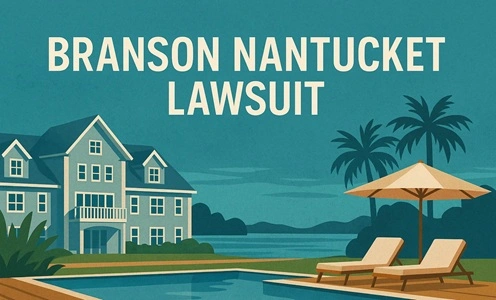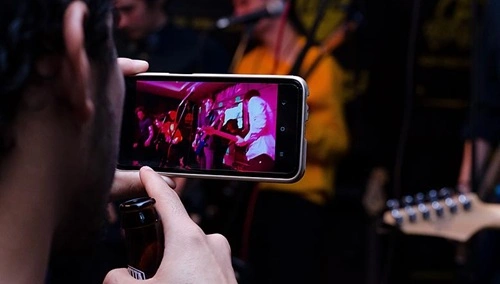Technically, it is not illegal to burn a Pride flag in the United States, but there are some instances where it can certainly become illegal, and the person doing it can face huge legal consequences. Just like the way burning an American flag isn’t illegal, but you must make sure that you aren’t breaking any other law while doing it. If you ARE, then without a doubt, the authorities can intervene and take action against you. But in order to understand it all in a better way, let’s get to some more details about when it is illegal to burn a Pride flag specifically. Alright, here we go then.

Could Burning a Pride Flag Be Considered a Hate Crime?
At this point, the situation becomes somewhat complicated. A flag being set on fire, even if it is a Pride flag, could be regarded just as a symbolic speech; however, the purpose that is behind such an action matters a lot.
A hate crime is when a person does something that focuses on an individual or a group because of their race, religion, gender identity, or sexual preferences, etc. It follows that if somebody sets the flame to a Pride flag and at the same time verbally or physically targets or threatens the LGBTQ+ community, it is a hate crime that the police can investigate and prosecute as such.
There was, for instance, an incident in Iowa where an individual removed a pride flag from a church and set it on fire in public. The action was not solely about freedom of speech, but it was hatefully directed, and property-wise, it was someone else’s. What was the consequence? A 16-year jail term. This tells us that it can get very serious depending on the situation.
Is It Free Speech or a Hate Crime? It Depends.
Here’s the bottom line: Well, it depends on the situation.
In case a person who is the owner of a Pride flag burns it in private, without targeting any individual or group, it is probably going to be recognized as a free speech act. Yet, if someone takes a Pride flag without permission, sets it on fire at an LGBTQ+ rally to provoke others, writes offensive things while doing it, or attempts to scare that particular group, then the authorities will be able to help.
Besides that, don’t forget that there might be additional legal provisions that could affect the situation, for instance, vandalism, harassment, or public safety issues. The court typically looks at aspects such as the accused’s intention, location, the mood of the statements, and the victim’s reaction.
Free Speech Has Its Limits
Yes, the First Amendment protects speech. But not all speech.
These kinds of actions usually have limitations, particularly in cases where the action has the potential to scare, threaten, or incite violence. For instance, a Pride flag burning might be an unlawful act if it goes beyond a mere free speech expression by violating other laws.


